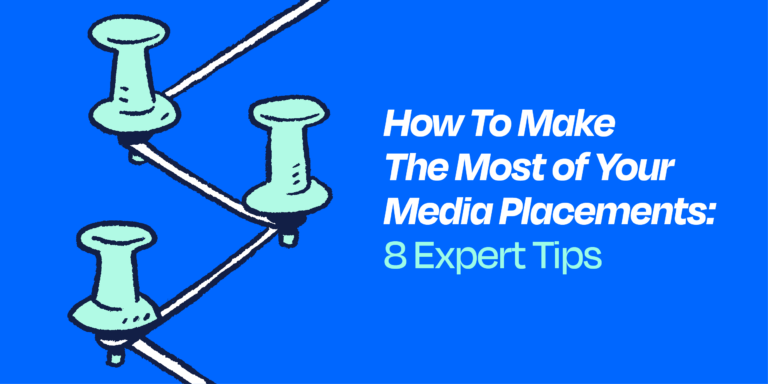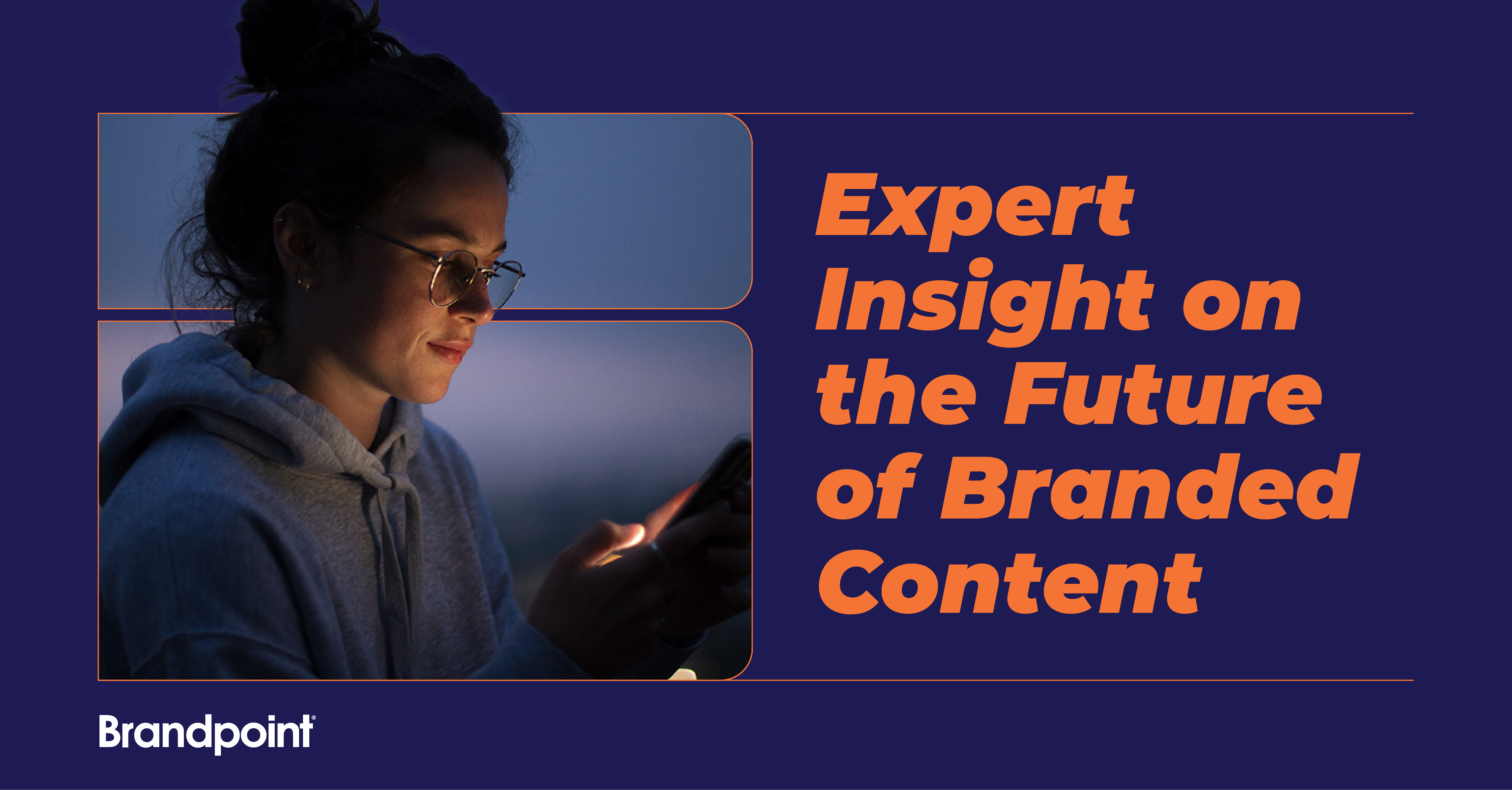The 2022 Beijing Olympics have been tainted by many issues; since the start of the games we’ve witnessed Russian Olympic Committee figure skater Kamila Valieva face drug use charges, athletes unable to perform due to COVID-19, protests about environmental concerns with China as a host country and calls for boycotts in relation to the Chinese repression of the Uyghurs. All in all, this is a very tumultuous time to be a brand sponsoring the Olympics.
Brands sponsoring the games have had to make tough decisions on the angle to take on the Olympics. As we know, brands try to stay on the sidelines of political debate. Sponsoring an Olympics this charged can easily bring backlash to brands as people interpret the sponsorships as supporting the controversies in China. There have been plenty of people speaking out asking companies to halt their advertising and terminate their sponsorships, but many businesses have decided to stick it out, including Airbnb, resulting in backlash on social media.
Pressure on companies
Large sponsors of the Olympics include Coca-Cola, Airbnb, Visa, Procter & Gamble and Intel. Normally, plenty of other businesses advertise around the Olympics too — it’s usually a great time for feel-good ad spots about athlete stories and country pride. But this year, fewer companies are taking advantage of buying ad time. Boycotting has pressured some brands to back down, but many brands have continued their huge sponsorship packages as planned.
Companies were slower to start advertising this year, much slower than in past games. Normally advertisements start a few weeks in advance of the Olympics, but this year, many people didn’t even realize the games were coming up due to the lack of promotion.
There is a lot of room for error when trying to figure out how to advertise such a chaotic, disputed event. Brands have made judgment calls to focus their attention on the athletes rather than the games themselves. In this post we are diving into some of the brands that advertised successfully during the Olympics by staying out of controversial topics and calling attention to the athletes rather than the games and the issues surrounding them.
TikTok’s role in promoting the games
TikTok has been a crucial avenue for the Olympics to get some spotlight coverage from external sources, like athletes. Many athletes have continued the trend that kicked off with the Tokyo Olympics in the summer of 2021, showing off Olympic apparel and swag, giving room tours and performing dances with their fellow Olympians. This type of content does extremely well on TikTok because it’s the type of content that gives viewers a glimpse into a life that many will never know firsthand. This video from Canadian athlete Natalie Corless follows a current trend while showing off her Olympic accommodations.
One video from skier Kelly Sildaru showed the travel to Beijing and what athletes saw as they landed in China — lots of workers in complete hazmat suits. Other videos have described the pandemic situation in China, what many have coined as the “Olympic bubble.”
NBC’s TikTok account has also been extremely active during this time. They’ve posted event highlights, commentary videos, and one in particular where the comment section blew up about the terrain of the downhill ski course.
While TikTok has shed light on the Olympics itself, it hasn’t given brands space to shine. Brands have had to focus hard on controlling their message on other platforms to make sure that any other conversations led by the general public don’t cloud the brand’s reputation.
Fewer ads?
Now back to the commercials: after watching a couple hours of the Olympics, it’s clear that there aren’t as many advertisements this year. Lots of repeat ads are focusing on one thing: heartfelt stories of Olympic athletes rising to the challenge of competition.
Wisely, many brands have decided to work the angle of portraying feel-good stories centered around athletes rather than around the Olympics themselves. It’s a fine line for sure, and one that is easy to cross.
Commercial patterns
Top advertisers of the 2022 Olympics are Toyota, Visa, Xfinity, Peacock, Chevrolet, Delta, Samsung, Geico, Walmart, Amazon, Apple and Universal. They focused mainly on stories of athletes, powerful demonstrations of skill and comradery — anything focusing more on the athletes and the team spirit rather than the greater idea of the Olympic games.
Here are my favorites:
Toyota, ‘Start Your Impossible: Ice Match’
This commercial is a fun one that turns the games into something competitive and playful. The background has no relation to the Olympic games, nothing that screams Olympics. Instead, various Olympian skaters play a hockey game together with a beautiful mountain backdrop. I think this one hit the mark because it shows the competitive, exciting nature of sports without making an overt nod to the Olympics. It’s easy to watch and fun for viewers to identify athletes from the games playing in the hockey game.
Delta Air Lines, ‘2022 Winter Olympics: Team USA: Be a Force to Be Reckoned With’
This ad is a little more intense than the Toyota hockey game. Delta shows clips of people falling down, from athletes to a small child, showing gravity impacting everyone the same. The video then cuts to a plane taking off and rising, along with athletes landing their tricks, conquering gravity. This commercial is a cool depiction of overcoming something that affects us all the same, showing that we can all rise together. The theme is less about the Olympics and more about the power in humanity.
Salesforce, ‘New Frontier’ Featuring Matthew McConaughey
I was initially surprised by this ad. While it was created as a Super Bowl ad, it has run throughout the entire Olympics (the first time I watched it was during the Opening Ceremony). The commercial features Matthew McConaughey talking about the next frontier, which the video sets up to be space. But then the video switches and McConaughey expresses the need to focus our attention here on earth in an effort to appeal to environmental activism. It’s a cool ad and powerful for Salesforce as the company is taking a clear stand on environmental issues. The video ends with a view of Earth from space and the tag, #TeamEarth. I love this part because it’s a nod to the Olympics but in a way that provides unity for everyone looking to save our planet.
Procter & Gamble, ‘Always’ Featuring Chloe Kim
Sometimes, ads can feel overly sentimental and can come off a little cheesy. But I think in the context of the Olympics, these ads can hit the hardest. P&G takes us through a bunch of clips of Chloe Kim growing up, making it feel like a home video. Chloe also narrates the commercial in a way that resembles an open letter to her parents. The commercial is sweet, impactful and emotional, and it calls out the parents behind the Olympic athletes who stood by their children through it all.
There are more good ads, but these are some of my favorites that I think steered clear of the controversy around the Olympics. It’s hard to blame the advertisers who didn’t step away from the call to advertise during the Olympics — it’s a unique opportunity to reach a wide audience of people. The Olympics represents the best of human ability, a call for celebration and a feeling of nationalism. It’s unfortunate there is such a negative backdrop to the games this year. There’s been discussion about why the games are still taking place at all, but many have voiced the opinion that after years of preparation, it’s not fair to the athletes to take this opportunity away.
Overall, the lack of discussion surrounding the oppression taking place in China, the environmental concerns surrounding the fake snow used during the games and the pandemic still raging on is cause for confusion and anger. It feels like these issues are going largely unaddressed. So while advertisers can create whatever sentimental message they want to, there is definitely room to question the ethics behind advertising for these games, and even watching them at all.
As marketers, we understand the intricacy of standing up for what is ethically right without stirring up more issues. In a situation like this, there is hardly a winning response.






